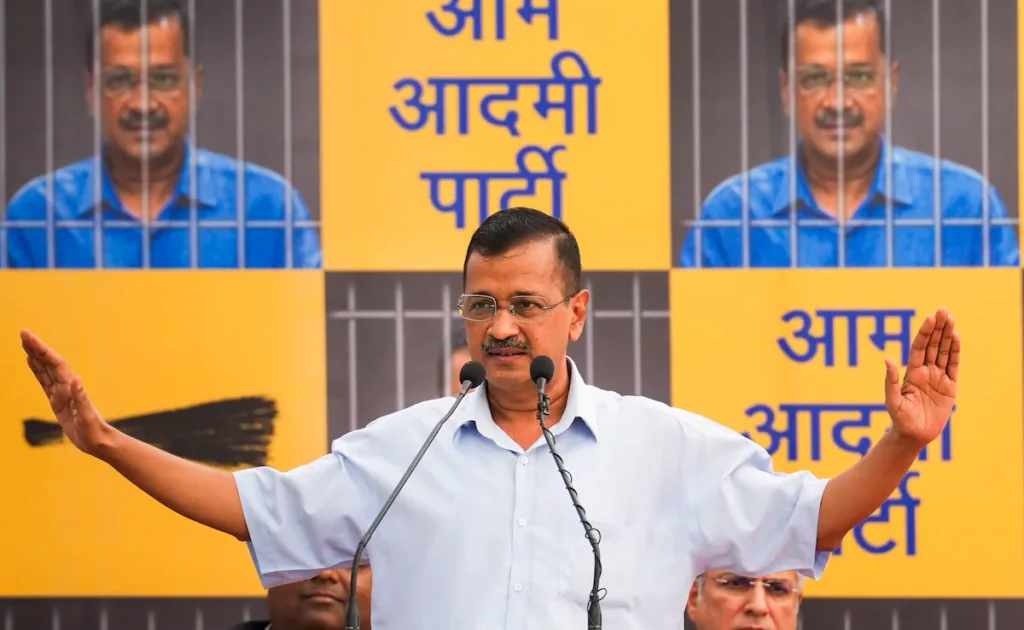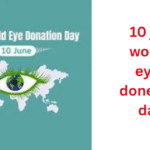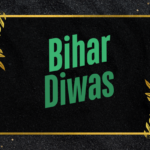Frequently regarded as India’s top investigative agency, the Central Bureau of Investigation (CBI) has come under fire for what is seen as a perceived lack of independence. Arvind Kejriwal, the chief minister of Delhi, was involved in a recent case that brought this perception back. During his bail hearing, the Supreme Court issued a forceful statement, asking the CBI to show that it is a free and independent organization instead of a “caged parrot” anymore.
This finding opens a new chapter in the continuing discussion over the independence of the CBI, especially when looking into high-profile cases involving public personalities. It serves as a sobering reminder of how vital it is for these institutions to operate impartially in a democracy. Let’s examine the specifics of the bail hearing as well as its broader ramifications.
### The Context: Arvind Kejriwal’s Bail Hearing

Delhi Chief Minister Arvind Kejriwal has frequently clashed with the federal government and its investigative units. During his time leading the Aam Aadmi Party (AAP), he has faced several challenges, including charges of power abuse and corruption.
The CBI has been looking into claims made against Kejriwal in this instance that have to do with financial anomalies. These charges were made public at the bail hearing, but the Supreme Court’s scathing criticism of the CBI’s function was what really grabbed the public’s attention, not the legal reasons.
### The “Caged Parrot” Metaphor
The CBI has long been compared to a “caged parrot” in metaphor. During the coal allocation fraud proceedings in 2013, the Supreme Court notably adopted the term and chastised the agency for acting as if it were a government agency instead of operating independently.
The fact that the Supreme Court used this metaphor once more during Kejriwal’s bail hearing served as a warning that nothing has changed all that much. The court’s verdict was unambiguous: the CBI must function as an independent agency free from political meddling, particularly when looking into high-profile cases.
However, why does this critique persist? We must examine the CBI’s past and its interactions with the governing administration in order to comprehend that.
### The CBI’s Struggles with Autonom
When the CBI was founded in 1963, its primary goals were to investigate severe crimes nationwide and combat corruption in government agencies. The organization has broadened its purview over time to encompass a range of critical inquiries.
The CBI’s independence has frequently been questioned in spite of its mandate. When they were in opposition, numerous political parties charged that the agency was being utilized by the ruling party as a political score-settling weapon. It’s interesting to note that the allegations frequently reverse when these parties win power, with the opposition making the same claims.
This pattern of charges points to a more serious problem: the CBI’s susceptibility to political pressure. The Prime Minister’s Office (PMO) is directly in charge of the Department of Personnel and Training, which oversees the agency. Naturally, this organizational structure casts doubt on the CBI’s independence, particularly when looking into instances involving political figures.
### Why the Supreme Court’s Observation Matters
The strong remarks spoken by the Supreme Court during Kejriwal’s bail hearing are noteworthy for a number of reasons. They firstly represent the growing judicial concern regarding the objectivity of investigative organizations such as the CBI. The legislative, executive, and judicial departments are meant to function independently of one another in a democratic system in order to operate as checks and balances. Public confidence in the system as a whole is weakened, nevertheless, when organizations such as the CBI are perceived as compromised.
Second, the observation puts pressure on the CBI to show that it is an independent agency, especially when it comes to cases involving prominent politicians. It alerts the agency to the fact that the courts are keeping a careful eye on what it does and that any perceived bias may lead to more legal scrutiny.
Finally, the observation aligns with the general public’s perception. The general public wants to think that organizations like the CBI will look into cases of corruption and other crimes impartially and fearlessly. People who already doubt the political system become even more irate when the nation’s top court publicly casts doubt on the agency’s independence.
### CBI’s Next Steps: Proving It Is Uncaged
What steps can the CBI take, then, to demonstrate that this is a true “uncaged parrot”? It won’t be simple to regain its independence—or at least as the general public sees it. Nonetheless, the agency can take a few crucial actions.
1. **Transparent Investigations**: The CBI has to make sure that its investigations are transparent, especially when they include politically touchy matters. Without unnecessary delay or obfuscation, the facts should be disclosed to the public. Having transparency would allay fears of political meddling.
2. **Time-Bound Action**: When inquiries or charges are delayed, it frequently raises concerns about the agency’s motivations. The public’s trust in the CBI’s effectiveness and objectivity would increase if it could complete cases on schedule and demonstrate a constant level of progress.
3. **Resisting External Pressure**: The CBI faces significant difficulties in bucking political players. The organization needs to create internal defenses against outside forces. This can entail more stringent monitoring and a more distinct division from governmental authority.
4. **Collaborating with Judiciary**: By collaborating closely with the judiciary, the CBI can make sure that its decisions are upheld in court, thereby enhancing its credibility. The agency’s reputation will grow the more successful convictions it can obtain.
### The Bigger Picture: A Call for Reform?
The Supreme Court’s remarks rekindle a long-standing need for revamping India’s investigating agencies, independent of this specific case. A lot of people have advocated in favor of the CBI being a completely independent organization that might report to Parliament rather than the government. Although enacting such changes would need strong political will, they might significantly contribute to rebuilding public confidence in the agency’s operations.
### Conclusion: An Opportunity for Change
The Supreme Court’s statement during the bail hearing for Arvind Kejriwal is not merely a criticism; rather, it presents an opportunity. Now is the CBI’s opportunity to demonstrate that it is a strong, independent organization that can serve justice impartially rather than a “caged parrot.” It remains to be seen if the agency will take advantage of this opportunity and move toward more autonomy. However, one thing is certain: the whole country is paying attention.





